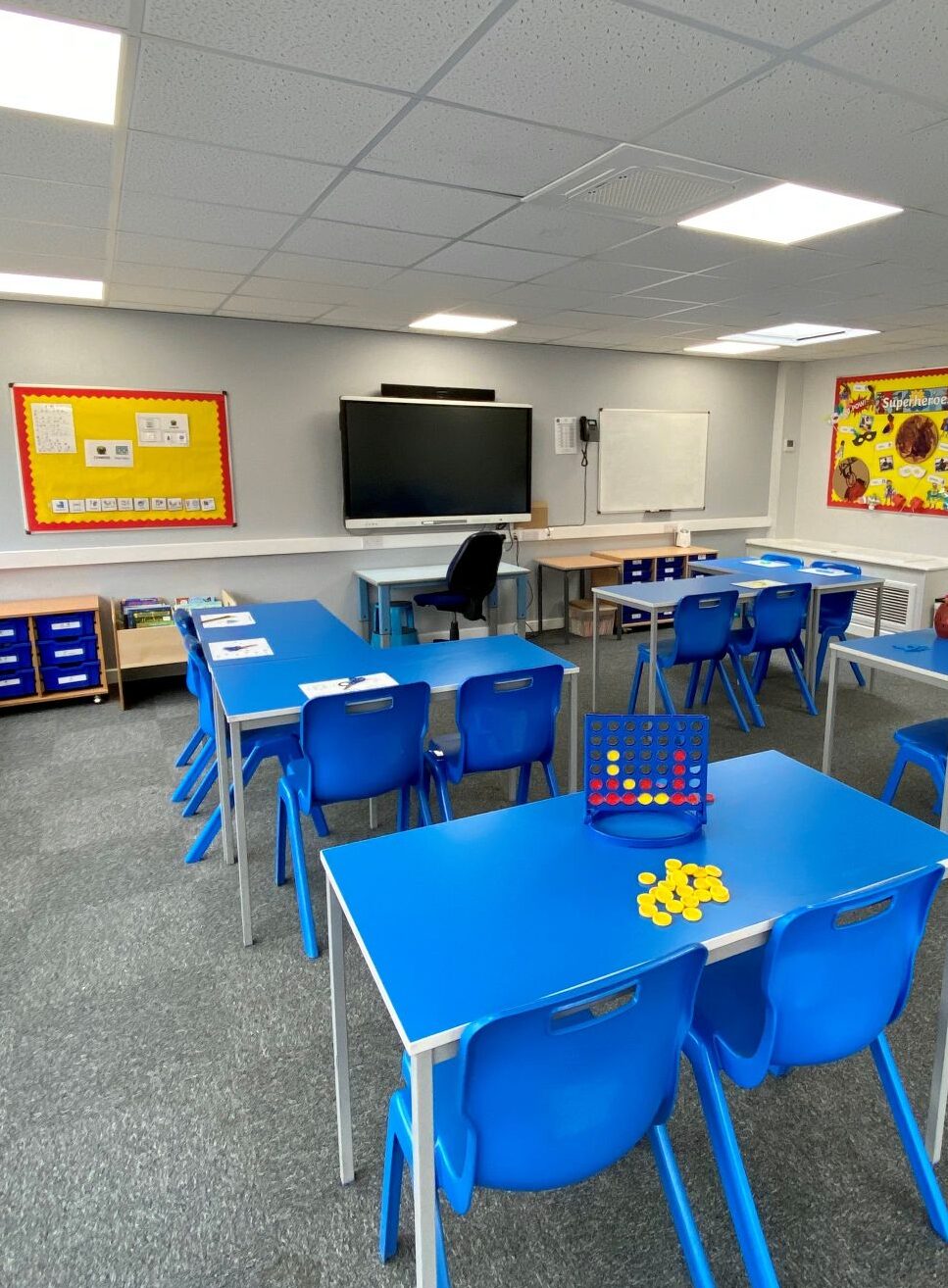Brackenfield SEND School has achieved Gold BERT award status.

Brackenfield SEND School is pleased to announce that in December 2023 we were awarded the Gold BERT award, the highest level award possible and a recognition of the efforts of everyone in this area.
The BERT award is about supporting everyone in the school community to build effective relationships.
Please remember if you are worried about anything or need any advice or support with puberty changes or behaviours such as masturbation please email earlyhelp@brackenfield.derbyshire.sch.uk. Early help are able to provide support such as social stories, packs and sign post you to further advice if needed.
Please click below to read a leaflet prepared by Derbyshire County Council and Derbyshire Community Health Services
Relationship Sex and Health Education (RSHE) equips our pupils with the knowledge and skills they need to keep themselves safe, healthy and develop healthy relationships in later life.
Our policy has been informed by pupil, family and staff voice and this has shaped the RSHE curriculum in school. Our RSHE governors (Mrs Mee and Mrs Farr) oversee the implementation of RSHE at Brackenfield SEND school. They work with Mrs Preece and Miss Holdway, our RSHE leads in school to ensure that our RSHE provision is of a high quality, meets the needs of all pupils and not only fulfils statutory requirements but continues to adapt and collaborate with pupils and their families to ensure everyone feels informed and involved in their RSHE education.
Mrs Preece

Miss Holdway

What does Relationships Sex and Health Education look like at Brackenfield?
At the start of each academic year, parents and carers receive a letter with a clear outline of curriculum content, the right to withdraw from any sex education intended to be taught that year and invites parents in to discuss the lessons and view resources before it is delivered to the pupils.
Curriculum content is supported by interactive resources, such as cloth dolls with anatomy. These can be used with sensory stories, toiletries, period products and bras. We have a life size vulva model which can show menstruation and urination, and male anatomy learning aids with moveable foreskin and a urination/ ejaculating feature. We also have a range of resources to support the teaching of drugs, alcohol, SRE and virtual online safety. These resources are available for you to view.
Relationships and sex education is taught at an appropriate time to pupils. During KS4, class teams work with local health teams to provide practical safe sex advice and guidance. This includes the demonstration of contraception and visual images of STIs. If pupils are not able to learn how to keep themselves safe this must form part of the discussion when setting personal learning intentions, Annual Reviews and other face to face meetings. At transition into KS4 there must be a plan recorded throughout the Annual Review process about how to equip pupils with the necessary skills and knowledge to keep themselves safe.
Please click on the relevant year group below to view the curriculum letter and content that will be covered for that year group.
Any content marked with a ‘**’ in italics is sex education content. The government guidance states it is mandatory to teach relationships and health education including the science behind conception (part of the science national curriculum) to all pupils in an appropriate way. Parents can withdraw their children from all or part of sex education that does not form part of the statutory National Curriculum. However, 3 terms before the child’s 16th birthday they can opt into sex education themselves.
How to support and communicate with my child?
For all children, always use the correct names for private parts and try to support your child to recognise public and private spaces. This can be modelled by ensuring clothes and underwear are worn in most parts of the house and reinforcing where you can be naked (own bedroom, home bathroom).
When supporting with personal care try to show them what is happening to their bodies e.g: bowel/ bladder movement and use a running commentary of what you are doing using the correct names. If you child uses PECS, symbols for private parts could be used to support communication. Try singing body part songs (head shoulders, knees and toes) and Pantasaurus song NSPCC. When going through puberty, it can be a tricky time to deal with changes such as pubic hair, menstruation, breasts, erections and feelings. It is a good idea to talk about these changes before they happen if appropriate to your child using social/ sensory stories with dolls and symbols.
If your child is beginning to menstruate, you may want to use a period pad to show this change even if they are using incontinence pads too. This can help pupils to develop an awareness and recognise/ anticipate changes. It might be useful to track symptoms to support your child with pain and emotions. If your child is beginning to touch themselves or have erections, you can support your child by telling them private, no touching, only in bedroom and allowing time to explore their bodies in their own bedroom. We can provide further support at school with masturbation if needed.
For semi-formal children, use all of the above advice and encourage further independence in personal hygiene and toileting. Social stories and prompt cards can be created about most things including feelings, emotions, relationships, puberty, washing body, changing period products, public and private places, appropriate and inappropriate touch to support children to develop an understanding of the world around them and develop their independence. There is also a puberty packs which can be requested from the class team or Early help range and a range of videos that are available to use.
Pupils may display Problematic and Harmful Sexual Behaviours. Please see the NSPCC website for definitions and view our policy for how we deal with these behaviours. Our other policies and procedures can also be viewed here.
Advice and Guidance for parents:
It is important our families can access the right support and advice when it comes to relationships, puberty and sex education.
If you have any concerns please email earlyhelp@brackenfield.derbyshire.sch.uk and a member of the family support team will be in touch.
Please see below a list of useful websites:
Learn and Thrive – including relationship and sex education
https://www.lifeconnections.ie/post/5-dos-and-donts-of-conversations-with-your-children-resources
https://www.bigtalkeducation.co.uk/parents/
https://www.nspcc.org.uk/keeping-children-safe/support-for-parents/pants-underwear-rule/
https://amaze.org/having-the-talks/
https://amaze.org/video/amazejr-where-do-babies-come-from/#parents
https://amaze.org/video/amazejr-how-are-babies-made/
https://amaze.org/video/amazejr-how-do-you-talk-to-young-kids-about-sex/
https://www.bigtalkeducation.co.uk/parents/
Consent Video: https://www.youtube.com/watch?v=AArIv-tvxWE&t=6s
https://www.thinkuknow.co.uk/parents/ask-the-awkward
https://www.brook.org.uk/resources/
https://www.fpa.org.uk/for-parents/
Why using the correct words are important.: https://www.theheadteacher.com/attainment-and-assessment/teaching-practice/it-says-pelvis-mummy?fbclid=IwAR2obKNE9gpsGbjEIovL_lZYhX7txfJBnyB2dBjH3AHPe4VISbaItDG9d0k
Planet Puberty – covers a variety of topics and offers guidance to parents and carers of how to support their child.
The Internet Watch Foundation have put together some parental advice about making sure your home doesn’t have an open door to child sexual abusers. Please Click Here to access.



